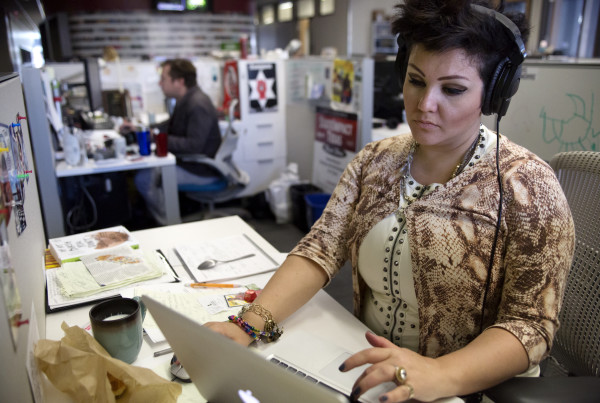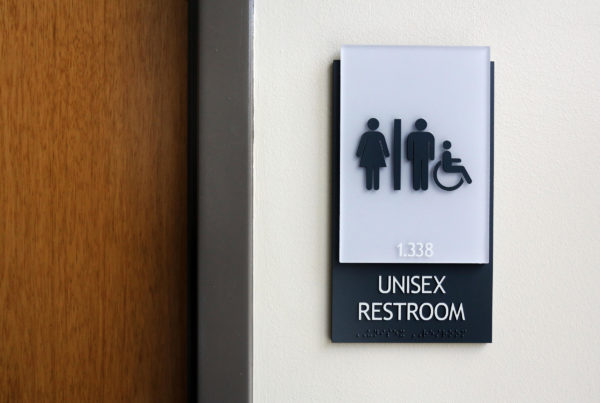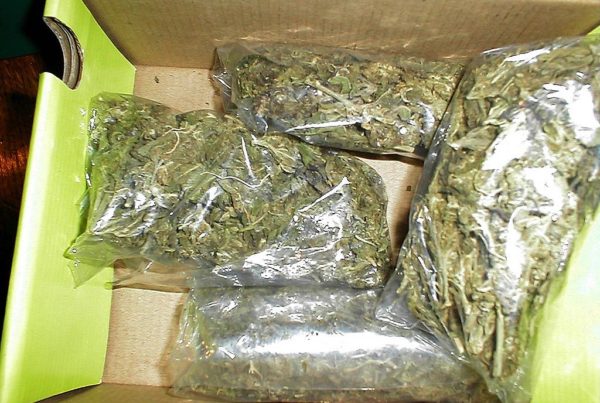State lawmakers have less money to spend this Legislative session and are in the tough position of having to make cuts to state agencies and public universities. Many lawmakers have blamed the budget shortfall on low oil and gas prices.
Sean Collins Walsh, a government and politics reporter for the Austin-American Statesman, says that previous legislative decisions, rather than forces outside of the Legislature’s control, have put lawmakers in this predicament.
Though declining oil and gas prices have resulted in lower tax revenue, other sectors of the economy have grown. “Unemployment in the state is still low [and] it is not a recession,” Walsh says.
Previous action – like adoption of Proposition 7, which set aside $4.7 billion of state sales tax for transportation projects – have left lawmakers with less money to spend in 2018 and 2019.
Voters approved Proposition 7 in November 2015, so lawmakers would need a supermajority in order to override the set-aside.
“That’s politically unlikely this year,” Walsh says. “Eighty percent of voters approved that proposition so it would be difficult to undo that just one session afterwards.”
Lawmakers also approved a 25 percent cut in the state franchise tax on businesses last session, which resulted in $2.6 billion in lost revenues in the current budget. In 2015, the state allocated $800 million to border security and lawmakers are considering approving the same amount for the next two-year budget cycle.
Adding up the lost revenue from these measures would more than make up for the current budget shortfall, Walsh says.
“That’s why some people are saying ‘yes, the oil and gas slowdown has hurt the state budget, but it was also decisions we’ve made in the last few legislative sessions, [and] maybe we should have been a bit more long-term in our thinking’,” Walsh says.
But not all lawmakers regret their past decisions.
“They create a little bit of challenges for us, if you will, as we look to this budget session, but no regrets about them at all,” House Appropriations Committee Chairman John Zerwas (R-Richmond) told Walsh.
Zerwas and House leaders are pushing for the state to tap the Economic Stabilization Fund, better known as the Rainy Day Fund, to balance the budget. House Speaker Joe Straus’ initial budget is about $4 billion higher than the amount of money the Texas Comptroller’s office has projected the state has available to spend this session.
Lt. Gov. Dan Patrick, who heads the Texas Senate, has said he’s not in favor of using the Rainy Day Fund to balance the House’s budget.
“The budget is the only thing the state constitution requires legislators to adopt before they all pack up and leave Austin at the end of May,” Walsh says. “If they don’t get that done then they will have to go to a special session… and a lot of people are wondering whether that’s going to happen this year.”
Written by Molly Smith.
















